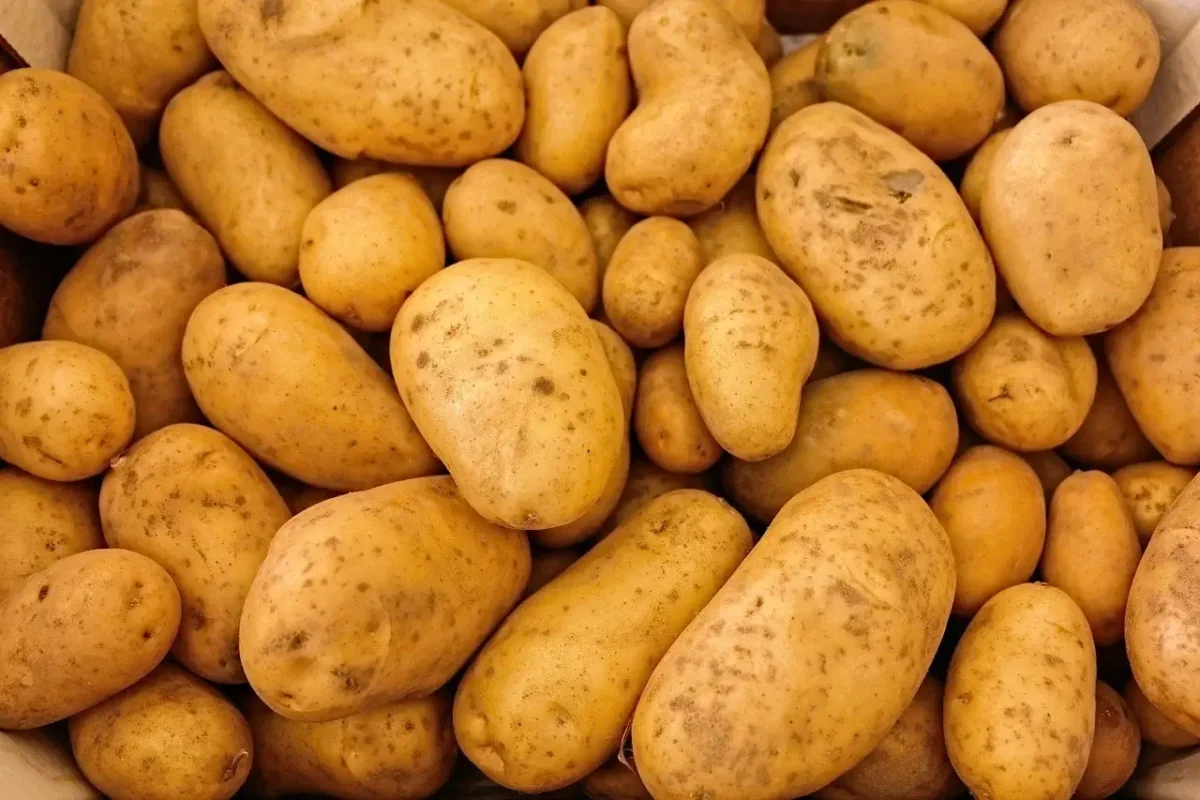Potatoes, a staple in many diets worldwide, are often celebrated for their versatility and taste. However, like many foods, excessive consumption of potatoes can have negative impacts on health. It’s important to understand these potential side effects to maintain a balanced and healthy diet.
1. Weight Gain and Obesity
Potatoes are high in carbohydrates and calories, especially when fried or served with high-calorie toppings like cheese and cream. Regular overconsumption can lead to an excessive intake of calories, contributing to weight gain and an increased risk of obesity. This, in turn, elevates the risk of developing associated health problems, such as type 2 diabetes and heart disease.
2. Impact on Blood Sugar Levels
Potatoes have a high glycemic index (GI), meaning they can cause a rapid spike in blood sugar levels. This can be a concern for individuals with diabetes or those at risk of developing the condition. Frequent spikes in blood sugar can lead to insulin resistance over time, further exacerbating diabetic conditions.
3. Risk of Cardiovascular Diseases
Excessive consumption of potatoes, particularly in fried or processed forms, can increase the risk of cardiovascular diseases. Foods high in unhealthy fats, salt, and cholesterol contribute to the build-up of plaques in the arteries, which can lead to heart attacks, strokes, and other cardiovascular issues.
4. Elevated Blood Pressure
Potatoes often come with added salt, particularly in processed forms like chips and fries. High sodium intake is a known risk factor for hypertension (high blood pressure). Chronic hypertension can strain the heart, damage blood vessels, and increase the risk of heart attack, stroke, and heart failure.
5. Nutrient Imbalance
Relying too heavily on potatoes can lead to a lack of variety in the diet, potentially resulting in nutrient imbalances. While potatoes offer certain vitamins and minerals, they don’t provide all the nutrients needed for a healthy diet. Overconsumption can displace other vital foods, such as fruits, vegetables, lean proteins, and whole grains, leading to deficiencies in essential nutrients.
Moderation is Key
It’s important to remember that potatoes themselves are not inherently harmful and can be part of a healthy diet when consumed in moderation. The method of preparation also plays a critical role – baking or boiling is healthier than frying. Incorporating a variety of other foods to ensure a balanced intake of nutrients is crucial for overall health.
While potatoes can be a delicious and comforting food, excessive consumption, especially of processed varieties, can lead to several health issues. Being mindful of portion sizes, preparation methods, and overall dietary balance can help mitigate these risks. As with any dietary choice, moderation and diversity are essential to maintain good health.
